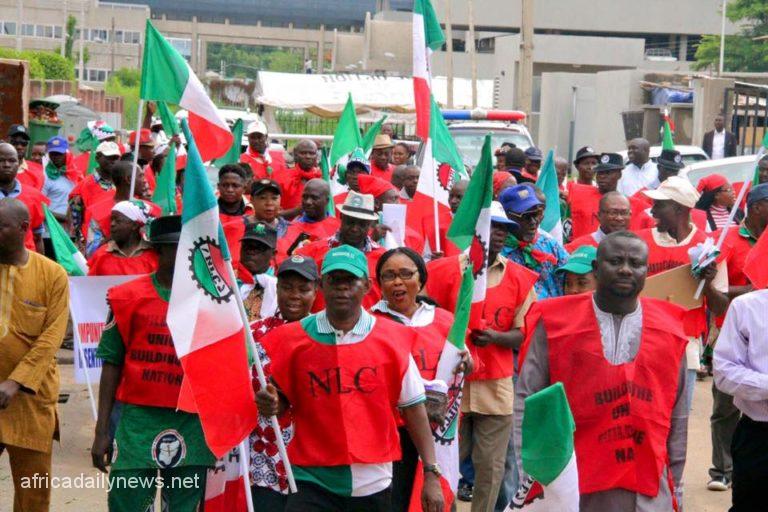Ayuba Wabba who is the President of the Nigeria Labour Congress (NLC) in a bid to bring to the fore some of the ills of Nigeria has continued to criticise the privatisation policy of the Federal Government, especially in the power sector while he insists that Nigerians are being forced to pay for darkness.
The NLC leader had put out the statement on Monday at the maiden edition of Nigeria Employers Summit 2022 organised by the Nigeria Employers Consultative Association (NECA) in Abuja.
Read Also: At Least Four Governors Not Paying Minimum Wage, NLC Laments
Wabba who was represented by the Deputy President of NLC, Najeem Usman Yasin, had also lamented that development will continue to elude the country unless the national infrastructural gaps are addressed.
He said, “The recent slump in the national electricity supply which is a result of constant failure of our electricity grids indicates that Nigeria still has a long way to go in making power supply available to the citizenry.
“The organised private sector has concluded that the state of the public electricity supply as of today, as evidence that most productive and residential areas in Nigeria no longer enjoy up to six hours of electricity supply.
“This has confirmed that the recent privatisation of Nigeria’s power sector is a complete failure.
“Nigerians still pay heavily for megawatts of darkness.
“Government has tried provision of palliatives and bail-out to the so-called private sector investors in the power sector, but all to no avail.”
Wabba however, urged the government to consider the reversal of the privatisation of the power sector and the return of power sector assets to Nigerians and he further decried a situation where Nigeria is losing businesses to the neighbouring African countries due to epileptic power supply in the country.
He pointed out that for the organised private sector to contribute significantly to wealth generation, job creation, and fostering of sustainable national development that it has become imperative for government to create enabling environment for the private sector.










